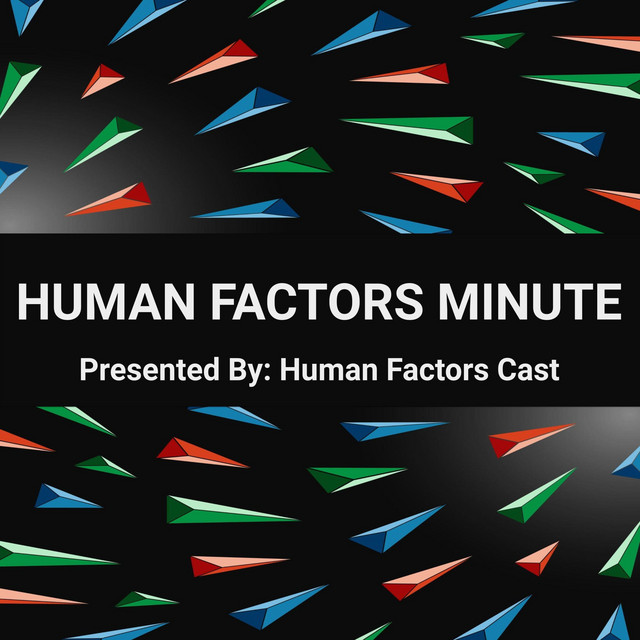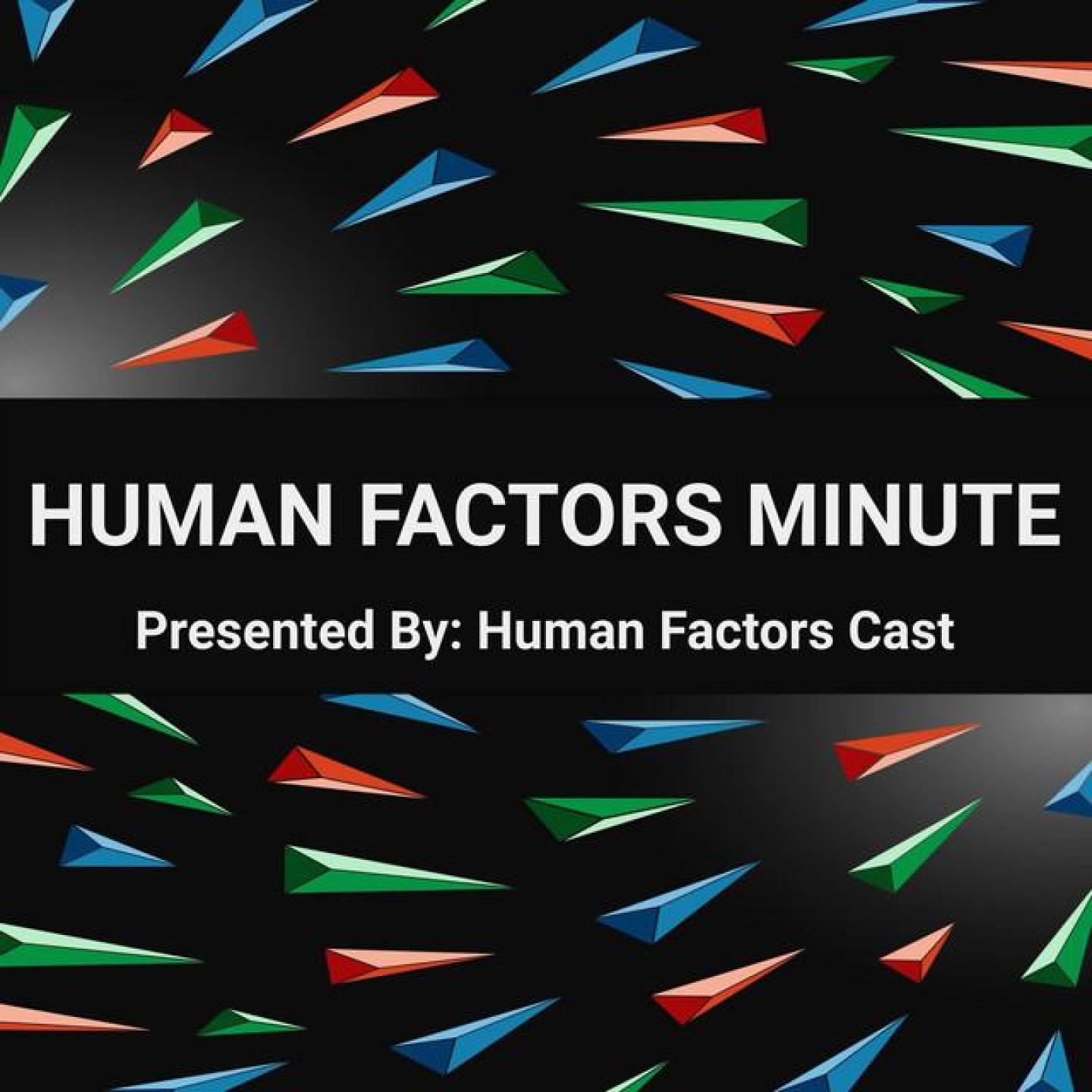bonus
Availability of Resources for LGBTQIAP+ in Human Factors, UX, and HCI
...and now for another Human Factors Minute!
In recent years, leaders and organizations within Human Factors, HCI, and UX have focused efforts on improving inclusivity throughout the fields. While these efforts have not gone unnoticed, the lack of diversity, specifically the inclusion of the LGBTQIA+ community, persists.
In our research, we found a limited availability of resources for marginalized community members entering the field, as well as limited consideration of queer users in design. Few studies have examined the inclusion of this marginalized community in Human Factors.
One example of studies utilizing inclusionary research methods is a 2017 study examining the impact of technology on relationship therapy effectiveness. Another study, published in January 2022, highlighted the use of VR-based therapy to improve mental health outcomes.
While there are affinity groups and clubs within organizations, the lack of research on inclusion within the field suggests considerations for queer users are likely limited, as well.
This highlights a greater need for the inclusion of LGBTQIA+ members in all areas of research and design, who can advocate for queer users.
Participants in a 2019 study examining diversity at the HFES Annual Meeting noted the important role advocacy plays in increasing diversity and inclusion.
Given this information, it is clear that, in order to have more inclusive designs for queer users, our profession must ensure we support advocacy and allyship by providing considerations and resources for these users within our own fields.
This has been another Human Factors Minute!
Guest Read by Human Factors Cast Digital Media Lab member: Rashod Moten
Be sure to check out our main show at our official website: https://www.humanfactorscast.media
Support us on these platforms to get access to the entire Human Factors Minute library:
- Patreon: https://www.patreon.com/humanfactorscast
- Buy us a coffee: https://www.buymeacoffee.com/hfactorspodcast
Join us on Discord:https://go.humanfactorscast.media/Discord
Follow us:
- Human Factors Cast Merchandise Store: https://www.humanfactorscast.media/p/Store/
- Follow us on Twitch: https://twitch.tv/HumanFactorsCast
- Follow us on YouTube: https://www.youtube.com/HumanFactorsCast
- Follow us on LinkedIn: https://www.linkedin.com/company/humanfactorscast
- Follow us on Twitter: https://www.twitter.com/HFactorsPodcast
- Follow us on Facebook: https://www.facebook.com/HumanFactorsCast
Resources:
- Music by Kevin McLeod: https://incompetech.com/music/royalty-free/
Mentioned in this episode:
Support us on Patreon for access to the full library of Human Factors Minute
https://www.patreon.com/humanfactorscast
Transcript
...and now for another Human Factors Minute!
In recent years, leaders and organizations within Human Factors, HCI, and UX have focused efforts on improving inclusivity throughout the fields. While these efforts have not gone unnoticed, the lack of diversity, specifically the inclusion of the LGBTQIA+ community, persists.
In our research, we found a limited availability of resources for marginalized community members entering the field, as well as limited consideration of queer users in design. Few studies have examined the inclusion of this marginalized community in Human Factors.
sionary research methods is a:While there are affinity groups and clubs within organizations, the lack of research on inclusion within the field suggests considerations for queer users are likely limited, as well.
This highlights a greater need for the inclusion of LGBTQIA+ members in all areas of research and design, who can advocate for queer users.
Participants in a:Given this information, it is clear that, in order to have more inclusive designs for queer users, our profession must ensure we support advocacy and allyship by providing considerations and resources for these users within our own fields.
This has been another Human Factors Minute!


